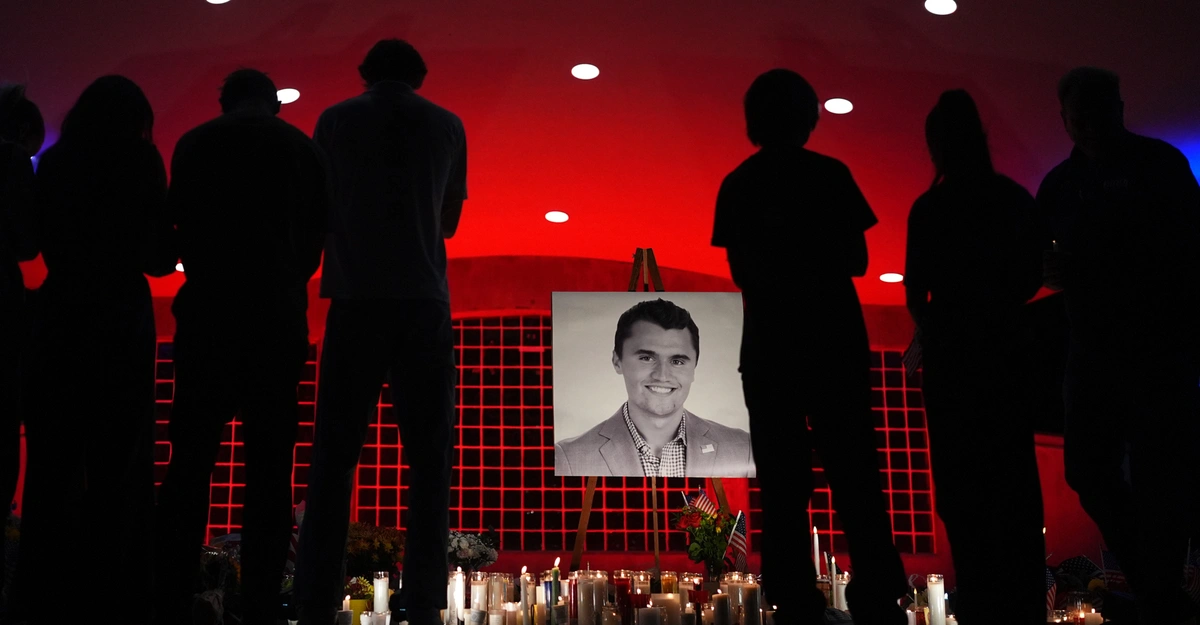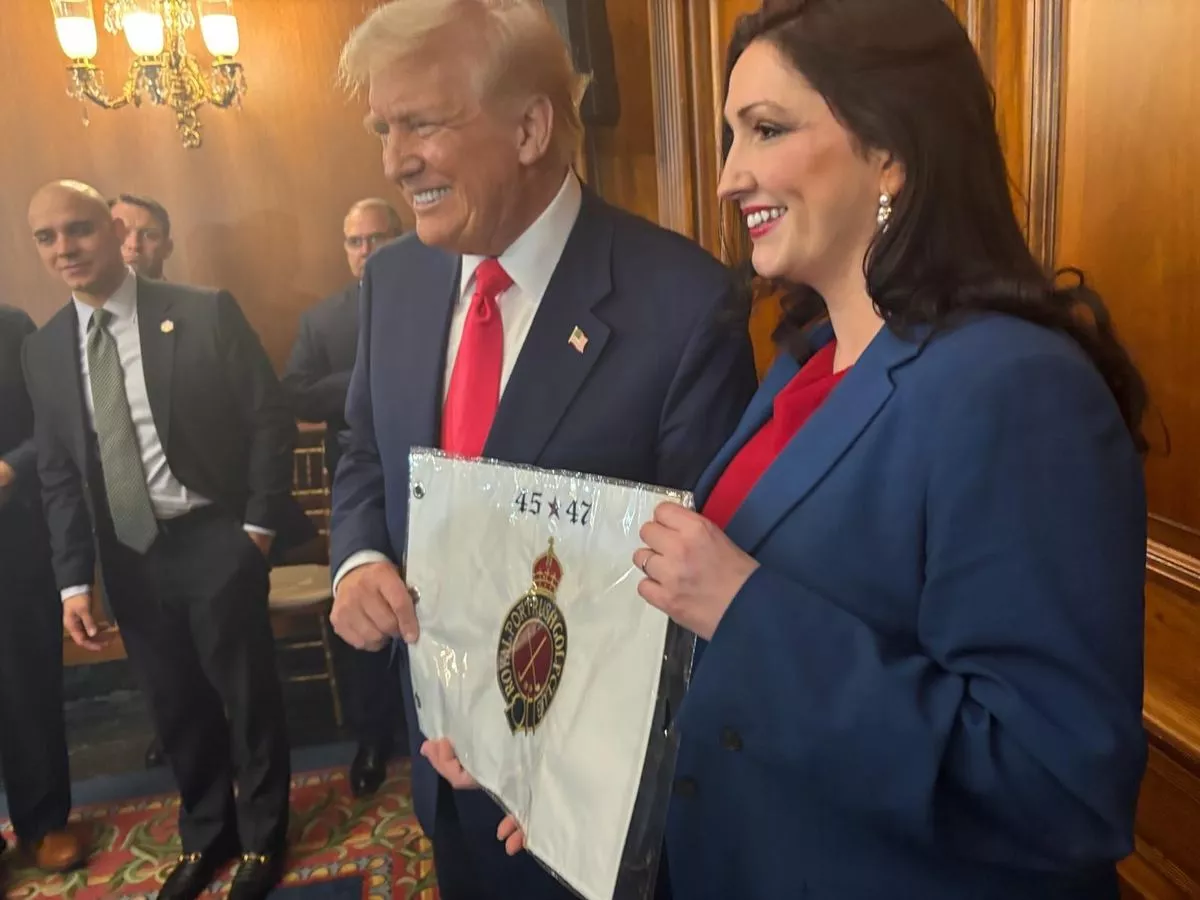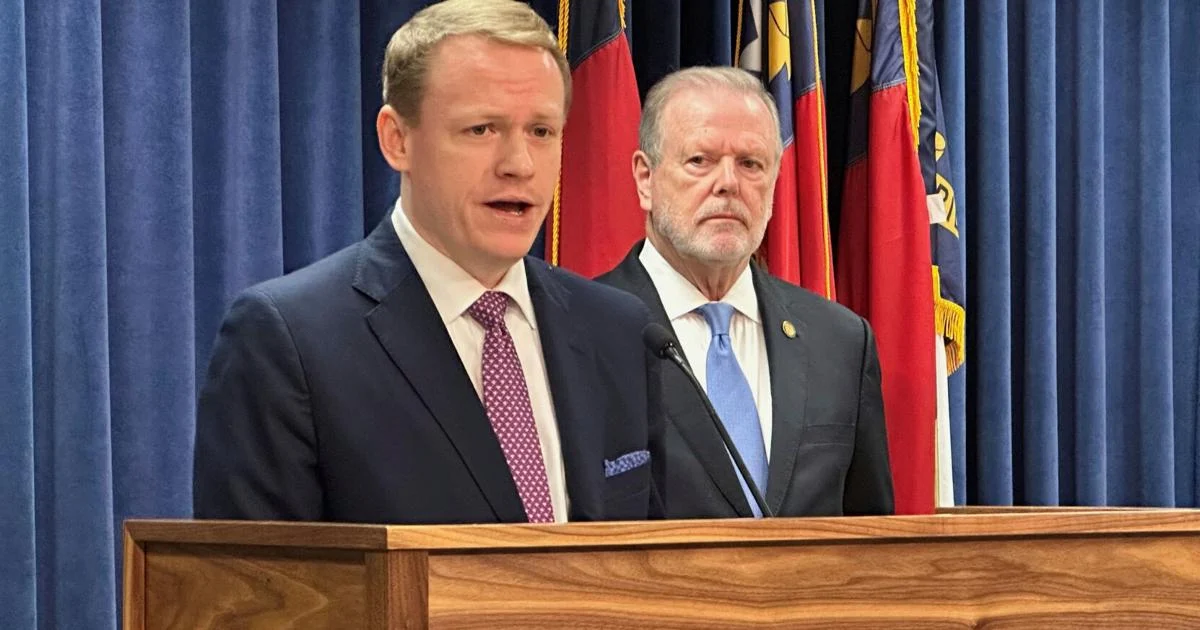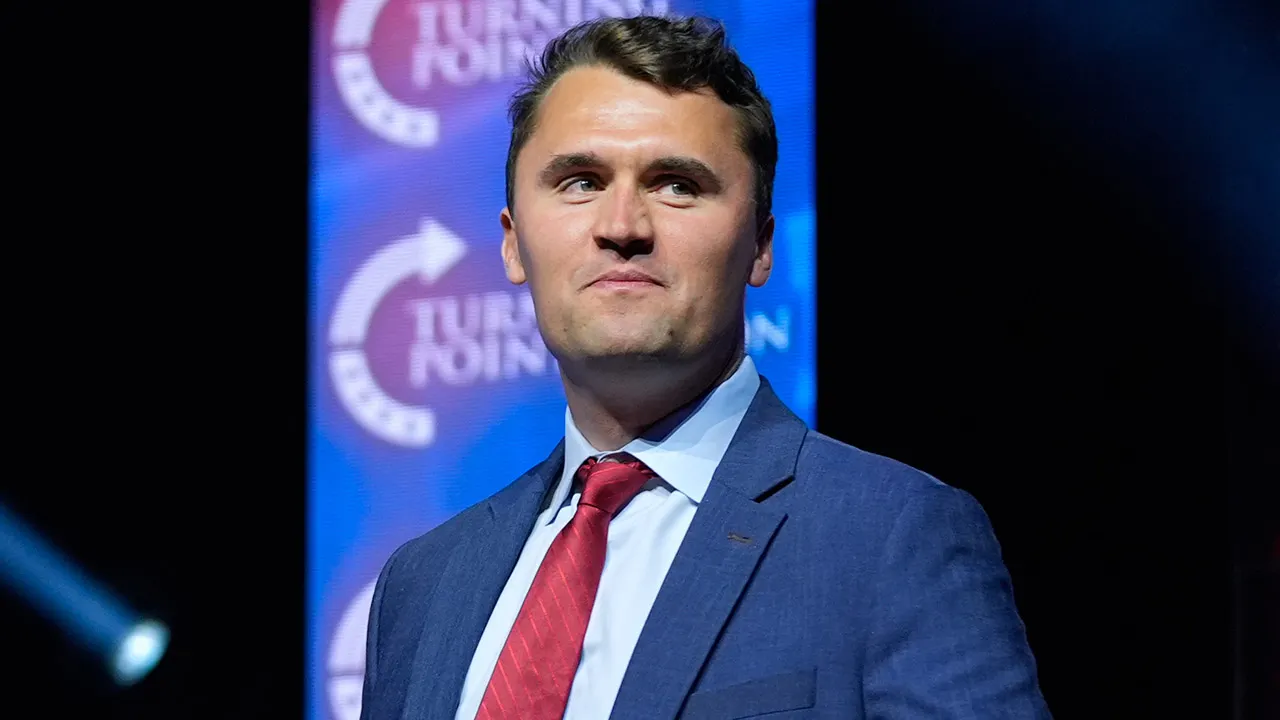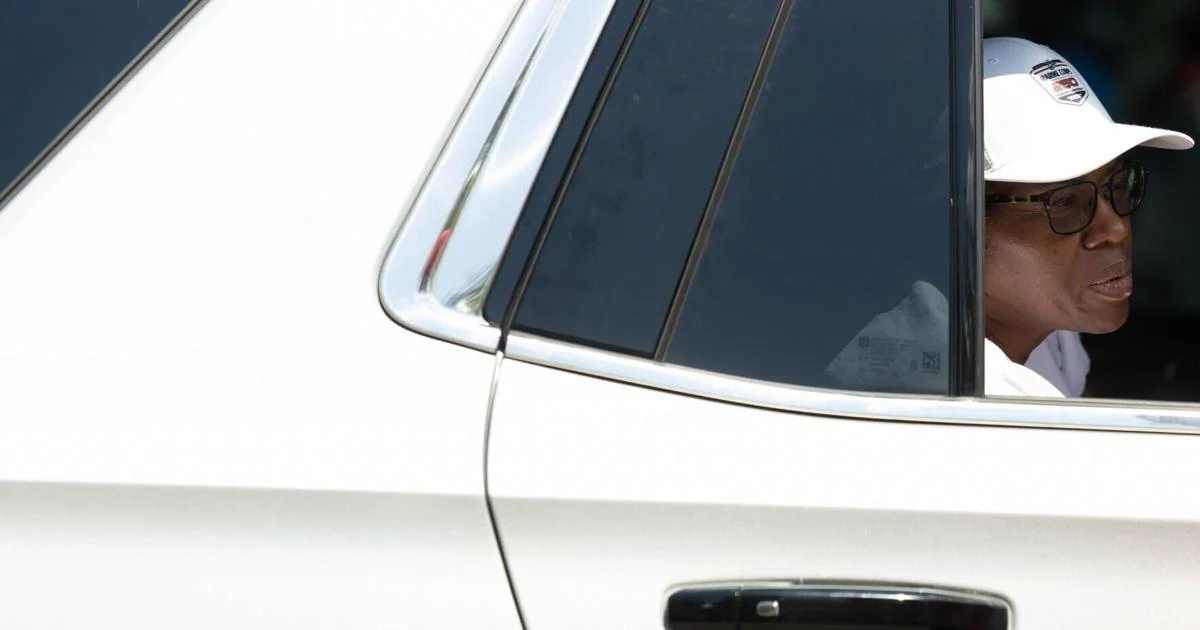
The two Democrats who represent the Charlottesville area in the Virginia House of Delegates say health care is the No. 1 issue for their constituents — but Lt. Gov. Winsome Earle-Sears, the Republican nominee for governor, is wildly out of touch with both their constituents and their top priority.
“As a member of the House of Delegates, I believe the most important part of my job is listening to the people I represent and fighting for what they need,” Del. Amy Laufer said a Tuesday press conference outside Charlottesville City Hall. “Look at Winsome Earle-Sears’ extreme record, it’s crystal clear that she [if] she makes it to the governor’s mansion, she won’t fight for Virginians.”
She was joined by fellow freshman Del. Katrina Callsen, both of whom are running unopposed in this year’s election.
“I would say it’s the No. 1 issue I hear about,” Callsen said of health care, especially how the commonwealth will make up for federal budget cuts. “Amy and I have had town halls, I’ve had office hours, the No. 1 question that we are asked is health care.”
President Donald Trump’s One Big Beautiful Bill Act, signed into law July 4, cut $1 trillion from the Medicaid, the part-state, part-federal insurance program designed to support low-income families, pregnant women and other groups with limited income and resources.
During an interview on CNN earlier this month, Earle-Sears said that “from what I understand, there are no Virginians who are going to lose their Medicaid coverage in Virginia unless that is something that they choose.”
More than 10 million Americans actually stand to lose coverage, including roughly 350,000 Virginians, according to official estimates from the Congressional Budget Office and the Kaiser Family Foundation.
“People are afraid that state money will end up having to be supplanted into the federal program,” Laufer said. “I did a town hall out in Shenandoah Valley, and this was the No. 1 issue we talked about. Folks are very afraid, especially in the rural areas.”
Earle Sears in July told reporters that “things are being worked out” and that there is no need to panic.
“I think you have seen already that there are committees in Congress that have already formed to address some of the very taxing issues that we’re thinking about, because we want to ensure that all of Virginia has access to health care,” Earle-Sears said. “So this is not something that we are not concerned about, but in Virginia … we are ready and able to help any Virginian who is not able to have access to healthcare.”
But already, Fishersville-based Augusta Health has said it will be closing three clinics in the valley citing the One Big Beautiful Bill Act.
“It’s clear that she does not look out for us,” said Callsen. “When asked about the cuts, Sears lied and said no one is going to lose health care. It’s outright insulting.”
Earle-Sears, who is hoping to succeed her boss Gov. Glenn Youngkin come January, has echoed his remarks that Democrats’ estimates and projection are overblown — despite the very real impact of three Shenandoah Valley clinics closing and Medicaid estimates coming from nonpartisan, nonprofit sources.
The Daily Progress reached out to Earle-Sears campaign to ask about her plan regarding Medicaid cuts and clinic closures, but its calls went unanswered. Her campaign website does not appear to mention either.
While the cuts to Medicaid will hit rural areas the hardest, they will also strain more urban hospitals and health systems.
The One Big Beautiful Bill Act mandates a cap on the amount that can be paid to hospitals and doctors starting in 2028.
Virginia Department of Medical Assistance Services CFO Chris Gordon told legislators on the Health and Human Resources Oversight Joint Subcommittee in a July 15 presentation that the price of capping for Medicaid payments to match the rate the federal Medicare program for the elderly pays for medical services could result in a $26 billion cut to the Virginia economy over the next 14 years.
Gordon added his department pays more than the Medicare rate for many hospitals in the commonwealth. For example, the University of Virginia and Virginia Commonwealth University hospitals are paid 238% the Medicare rate.
Laufer said anyone that comes into a UVa hospital will have their needs met — even if they don’t have Medicaid, but Callsen added that the hospitals will be stuck finding a way to budget for people who go without insurance.
“People come to UVa, and we do provide care to folks through the emergency room,” Callsen said. “Many of those people are on Medicaid, so if Medicaid is cut, someone’s picking up the cost and [the hospitals] have to budget it appropriately. It impacts the services that they can provide.”
Callsen and Laufer’s press conference in Charlottesville was part of a broader “Real Issues” tour organized by the Virginia Democratic Party. The tour also stopped in Richmond to address the impacts the Trump administration has had on the state, Norfolk to address the impacts the Trump administration has had on veterans and Arlington to address the impacts the Trump administration has had on federal workers.
David Velazquez (919) 612-7026
david.velazquez@dailyprogress.com
@velazqdave on X
Get Government & Politics updates in your inbox!
Stay up-to-date on the latest in local and national government and political topics with our newsletter.
* I understand and agree that registration on or use of this site constitutes agreement to its user agreement and privacy policy.
David Velazquez
Government & Politics Reporter
Get email notifications on {{subject}} daily!
Your notification has been saved.
There was a problem saving your notification.
{{description}}
Email notifications are only sent once a day, and only if there are new matching items.
Followed notifications
Please log in to use this feature
Log In
Don’t have an account? Sign Up Today
